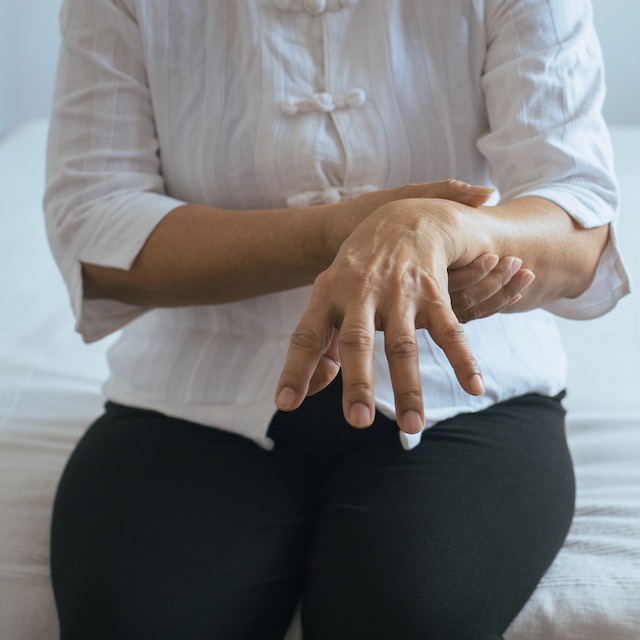How is Young Onset Different Than Traditional Parkinson’s?
On average, those affected by Parkinson’s disease are usually diagnosed while in their 60s. Young Onset Parkinson’s Disease, however, is characterized by a diagnosis at age 50 or younger, and affects about 4% of the 1 million people with PD in the United States.
Although symptoms can be similar to those of late onset Parkinson's, Young Onset Parkinson's Disease (YOPD) poses a unique set of challenges during this particular stage of life.
Professional Life
A majority of the Young Onset demographic are either at the beginning of a promising career or currently thriving in their field of work, when diagnosed, which at the initial onset complicates their career progression and current plans. Down the road with progression, many have to put their professional ambitions on hold (or put them away for good) in order to focus on their health.
Family and Relationships
It’s not uncommon for Young Onset patients to have small children or to be planning on starting a family. Not only does it put a strain on the family dynamic and relationship between partners, but it also has a significant impact on kids who are too young to fully understand or cope with what’s happening to their affected parent.
Available Resources
Most of the widespread resources and support opportunities out there are designed for older age groups. Exercise classes are scheduled during the middle of the workday and workout intensity levels are lower. Most articles about discussing your diagnosis with your kids assume that they’re adults and not elementary schoolers — It’s time-consuming to sift through everything to find content that’s actually applicable to you.
Physical Function
It can be embarrassing to experience your body acting like it’s much older than it is. Symptoms like tremors, stiffness, slowed movement, and difficulty walking can leave patients feeling a disconnect between their mental/emotional and physical selves, drawing more unwanted attention to their condition.
The Diagnostic Process
One of the main challenges younger patients face is that their symptoms can mirror other, more prevalent issues in the under-50 group like carpal tunnel syndrome and back issues. This, coupled with most physicians’ hesitancy to diagnose someone under 50, often results in a delayed diagnosis. Time is of the essence, especially for YOPD patients, because the sooner treatment begins, the better.
Treatment Options
While there are plenty of social and emotional struggles that come with a young diagnosis, younger patients are better candidates for surgical procedures and other innovations being developed to treat the disease because they’re less likely to be dealing with other health problems at the same time.
A focus on physical fitness is the only activity proven to slow the progression of YOPD at the time of this writing. The type of exercise that has shown the most promising results is high-intensity cardio workouts sustained for 30-45 minutes at least 5 times a week. Finding an activity that not only meets these parameters, but is also enjoyable to the patient, is imperative for living with YOPD.
Understanding the difference between Young Onset Parkinson’s and traditional Parkinson’s is important because even though the Young Onset demographic is smaller, those affected will live far longer with the disease than their traditional counterparts. This makes it critical to increase awareness and actions in research, treatments and support services that can help delay the progression of YOPD until the day a cure is found.
Young Onset Parkinson’s Network provides programming, resources, and a vibrant community, transforming the lives of those with YOPD and their loved ones. We partner with experts in the field to increase awareness and empower our members to live well and thrive far beyond this unexpected, early diagnosis.
Diagnosis is hard. Finding information specific to YOPD shouldn’t be.

